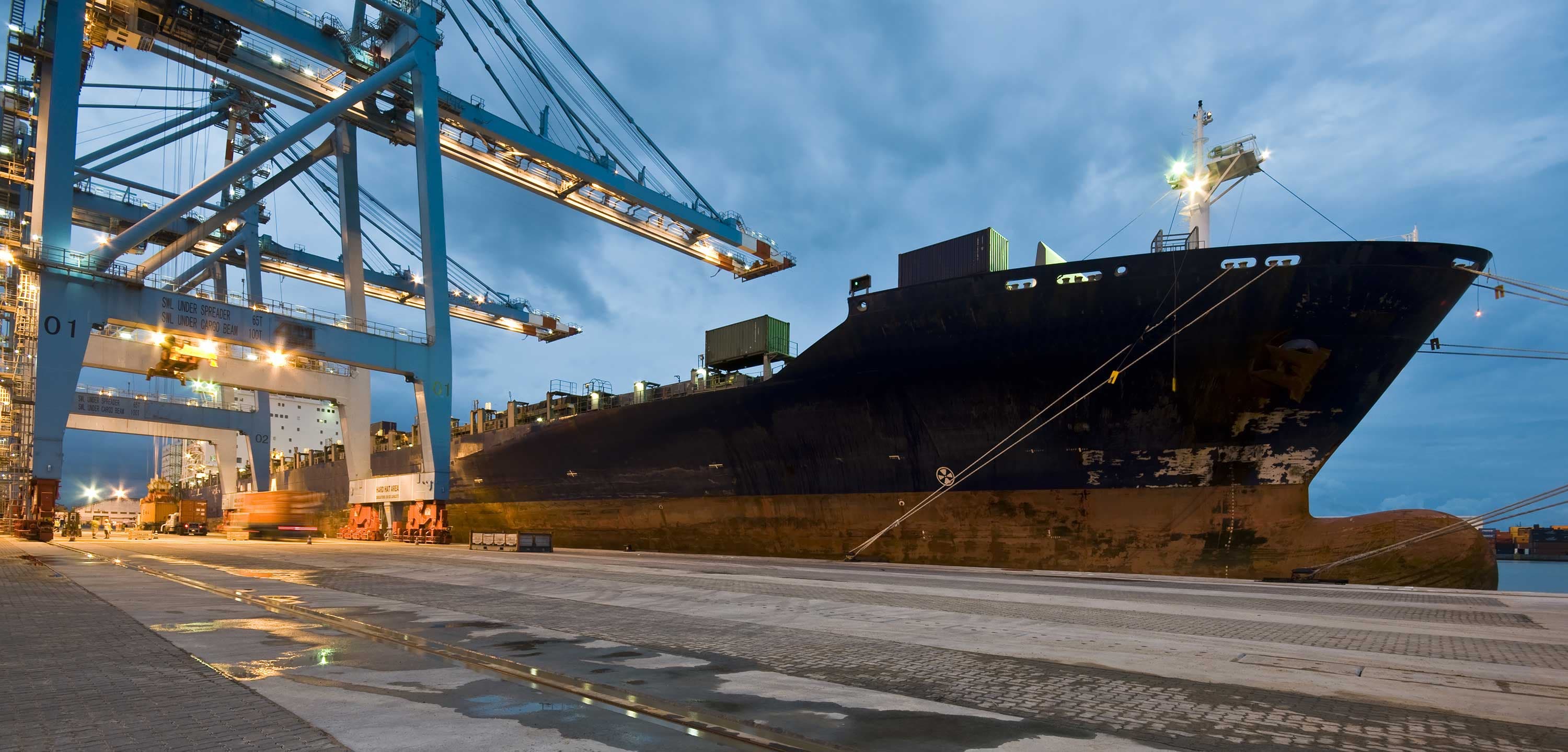April 18, 2025
Washington, DC -- The International Fresh Produce Association (IFPA) issued the following statement after the U.S. Trade Representative (USTR) announced its decision to implement a new fee structure under the Section 301 investigation into China’s maritime, logistics, and shipbuilding sectors.
“While the USTR’s actions may affect agricultural and perishable products, we appreciate that the revised fee structure appears to take several concerns unique to the agricultural sector into account.
“Throughout this process, IFPA has worked diligently to ensure that the voices of the fresh produce and floral industries were heard. Alongside more than 300 business and trade organizations, we highlighted the unique vulnerabilities of our sector—particularly the reliance on global shipping routes and the time-sensitive nature of perishable goods.
“IFPA remains committed to supporting fair and effective trade enforcement that strengthens U.S. maritime interests without burdening American agriculture. We will continue to engage with the administration, Congress, and our industry partners to promote policies that enable a resilient, efficient, and competitive trade environment.”
USTR will hold a hearing on these investigations on May 19, and IFPA will submit formal comments to the agency in advance of that date.
What Members Need to Know
Phase 1: New Fee Structure
- Fees begin after 180 days
- Fees on Chinese vessel owners and operators will be based on net tonnage per U.S. voyage.
- Fee Schedule:
*$50 per net ton initially
*Increasing annually to $140 per net ton by 2028
- Fees are assessed per voyage, not per port call; no more than five times per ship per year.
- Fees are not stacked—only one fee applies per U.S. voyage.
- Exemptions/Suspensions:
*Upon proof of order for a U.S.-built vessel, fees or restrictions on a non-U.S.-built vessel may be suspended for up to 3 years.
*Excludes: Great Lakes and Caribbean routes, U.S. territories, and bulk commodity exports where ships arrive in the U.S. empty.
- The final action plan no longer includes earlier proposals like the $1 million flat fee per port entry for operators with many Chinese-built ships, fees tied to future orders of Chinese-built vessels, or stocked fees.
Phase 2: LNG Vessel Restrictions (Begins in 3 Years)
- Gradual restrictions on foreign vessels transporting LNG to incentivize U.S.-built ships.
- Implementation spans 22 years.
What’s Next?
- Public Hearing: Scheduled for May 19.
- IFPA will submit formal comments and continue to advocate for fair enforcement that supports U.S. maritime goals while minimizing burden on agriculture.
Contact IFPA’s government relations team with any questions or comments.
